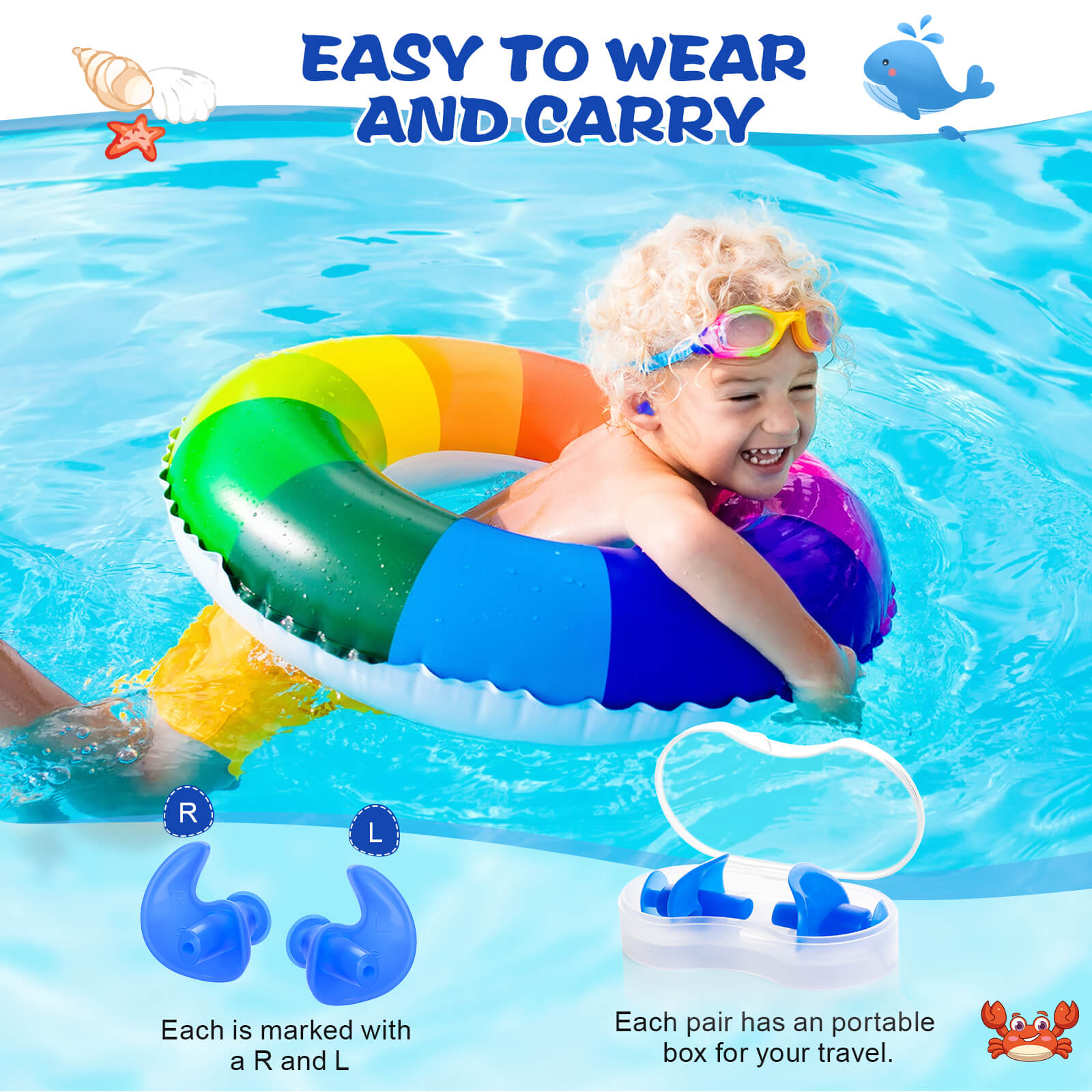Why don't we learn about kids ear plugs.
When it comes to protecting our children's hearing, ear plugs can be a valuable tool. Whether it's for recreational activities or everyday situations, there are several common scenarios where kids should wear ear plugs to safeguard their delicate ears. In this article, we will explore these situations and provide you with a comprehensive understanding of why ear plugs are essential.
The Importance of Protecting Kids' Ears
Before delving into specific situations, it's crucial to understand why protecting kids' ears is so important. Children have sensitive ears that are more susceptible to damage from loud noises. Prolonged exposure to loud sounds can lead to hearing loss, which can have a significant impact on their development and quality of life. By using ear plugs in certain situations, we can minimize the risk of hearing damage and ensure our children's well-being.
1. Concerts and Music Festivals
Concerts and music festivals are known for their high decibel levels, which can be harmful to anyone's hearing, especially children. The loud music and screaming fans can reach dangerous levels that can cause permanent damage. When attending such events, it is crucial for kids to wear ear plugs to protect their ears. There are specially designed ear plugs available that reduce the volume without compromising the listening experience.
2. Sporting Events
Sporting events, particularly those held in large stadiums, can generate intense noise levels. The cheering crowds, blaring horns, and amplified announcements can all contribute to a cacophony that can harm children's ears. Whether it's a football game or a motorsport event, it's essential for kids to wear ear plugs to shield their hearing from the excessive noise. This precautionary measure ensures that they can enjoy the event without any long-term consequences.
3. Fireworks Displays
Fireworks displays are a common occurrence during celebrations and holidays. While they are visually stunning, the loud explosions can be extremely harmful to children's ears. The sudden bursts of noise can reach levels that exceed safe limits, potentially causing irreversible damage. By wearing ear plugs during fireworks displays, kids can enjoy the spectacle while protecting their hearing.
4. Swimming and Water Activities
Water activities, such as swimming and water sports, may not immediately come to mind when thinking about situations where kids should wear ear plugs. However, water can increase the intensity of sound and potentially damage the ears. Conditions like swimmer's ear can also arise due to prolonged exposure to water. By wearing ear plugs specifically designed for water activities, children can prevent water from entering their ears and reduce the risk of infections or other complications.
These are just a few examples of common situations where kids should wear ear plugs. It's important to remember that any situation with excessive noise levels or potential ear damage warrants the use of ear plugs. By taking proactive measures to protect our children's hearing, we can ensure their well-being and long-term auditory health.
Conclusion
As parents and caregivers, it is our responsibility to prioritize our children's safety and well-being. When it comes to their hearing, using ear plugs in common situations where kids should wear them is a simple yet effective way to protect their delicate ears. Whether it's attending concerts, sporting events, fireworks displays, or engaging in water activities, ear plugs provide a vital barrier against harmful noise levels. By incorporating ear plugs into our children's routines, we can safeguard their hearing and promote a healthy auditory experience.
